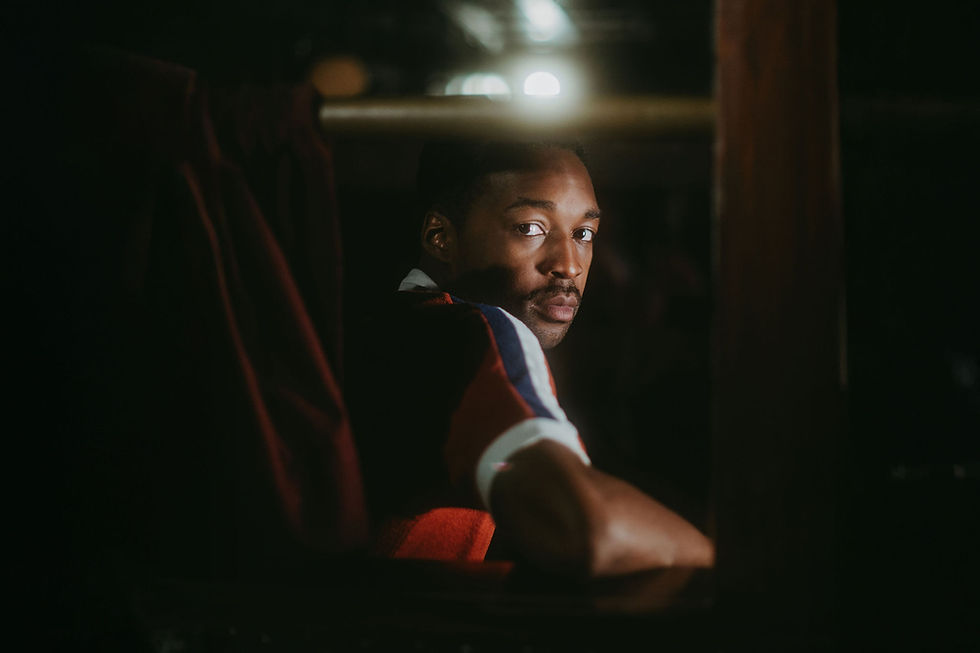LYKKE LI – EYEYE: REVIEW
- May 19, 2022
- 3 min read

LYKKE LI
Eyeye (Play It Again/PIAS)
CLUES TO BOTH THE APPROACH taken by Lykke Li to her new palindromic-titled album, and the way you could approach that album, may lie in something you won’t hear on it.
Released alongside Eyeye’s eight tracks will be seven short films that function as one continuous loop: meant to be watched on the intimacy of a phone screen rather than in the public surrounds of a cinema; capable of being engaged with at any point along the cycle; immersive and elusive rather than narrative.
It is intended to be “concise as a haiku, yet continuing in perpetuity,” according to her publicity, evoking “the album’s core themes of fantasy, repetition, and the infinite loops we’re stuck in,” according to her.
Prepare yourself then for music that isn’t sharply delineated or starkly explained, that doesn’t land on big pop peaks or turn on big dance beats (indeed, beats are a rarity), that closes in rather than opens out. Prepare yourself too for 33 minutes of soaking in an atmosphere that doesn’t assume a beginning, a “before I made the wrong move”, and doesn’t pretend there’s an end, a “this is when I fixed my life”.
Songs here spool slowly, so you see them in eddies more than waves. In Carousel (in some ways something that could be a mid-period Taylor Swift ballad) the delicate synthesisers submit to the whispered vocals which start as solo, accumulate layers, but always feel translucent, barely weighted at all. During You Don’t Go Away the barely-there keyboards and lightly-tapped percussion float by like clouds while Li holds the centre with firmness that nonetheless feels one strong gust away from blowing away.
Those elements recur from the opening track, No Hotel to the closing u&i, the differences coming in small emphasis or minor withdrawals, such as the minor bump in volume in the latter, the upward pitch of her singing in 5D or almost tangible gentleness of Highway To Your Heart, a song that nods both to an Enya-ish ephemeral folk and a Cowboy Junkies-like gutted country, but refuses to land in either place.
The more you play the album the more you realise that those differences are undulations, not turns, and that identifying and separating them doesn’t really work because each track circles around the others.
Which is where the lyrics sit too. Within individual songs, phrases and patterns are repeated or echoed, like the murmurings of someone caught up in a moment, lost to the possibility of a listener or an interpreter because everything seems to be happening internally, even if expressed externally.
And across the album, those concepts – of wanting to believe, maybe against the evidence of gut or memory, in the potential of love; finding that hope foundering; recovering; and returning to the fray – repeat and echo, repeat and echo. Is it the triumph of wishing over the reality of relationships, or the refusal of hope to concede to the brutality of living?
You can, in fact you must, make that decision yourself because Eyeye does not provide clarity. Clarity is the last thing on the agenda. As much might be told by something else Lykke Li has said about the album, a record she wants “to have the intimacy of listening to a voice memo on a macro dose of LSD”.
Is that a big enough clue for you?




Comments